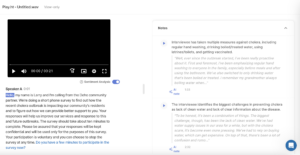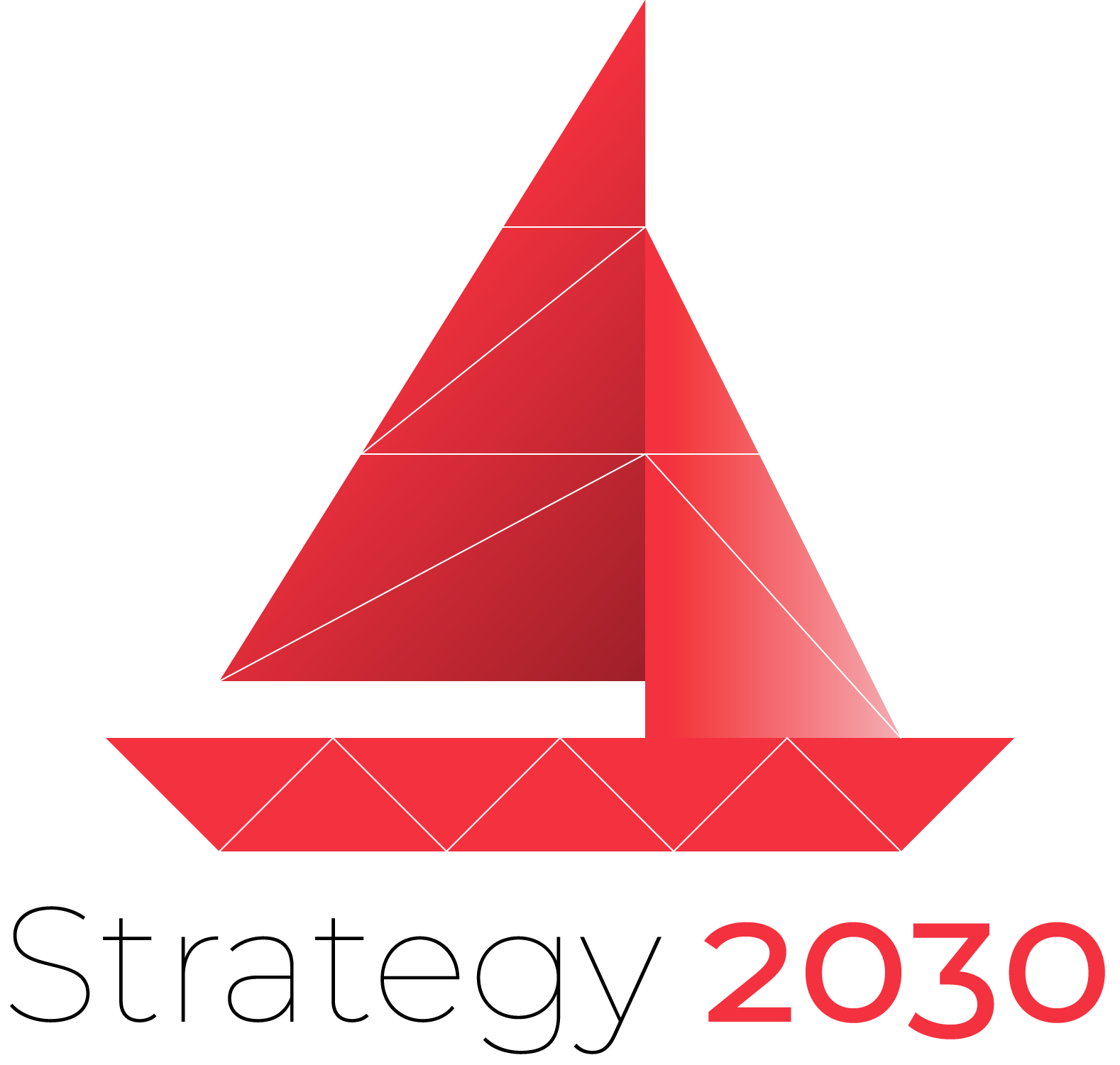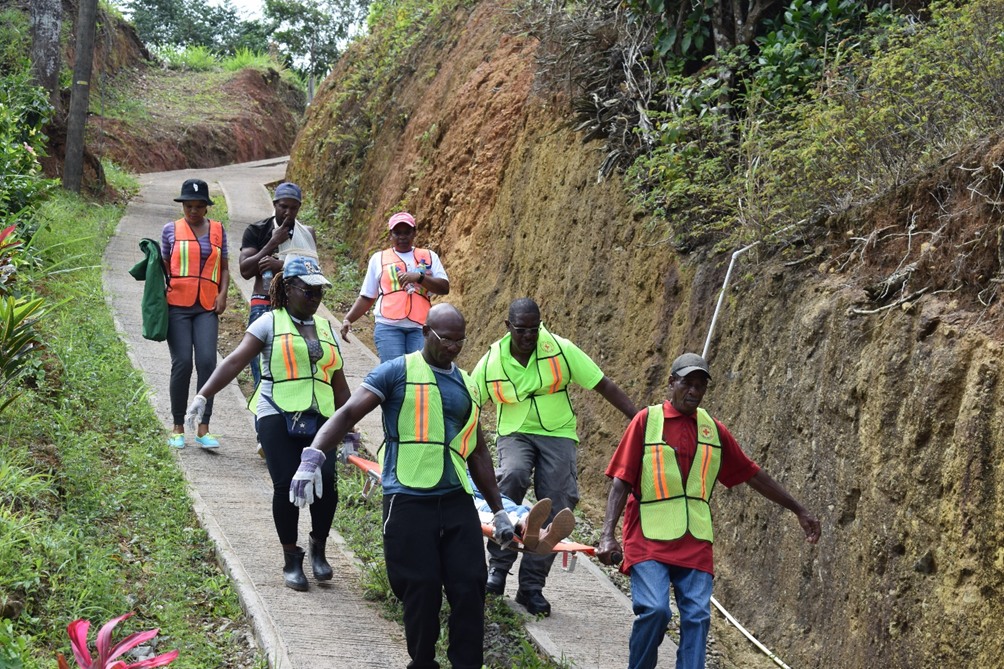Use of AI in health emergencies: Insights from a simulated telephone survey

In public health emergencies, timely and accurate information is crucial for effective response strategies. My experiment looks at how artificial intelligence (AI) can improve our ability to collect and analyse data through telephone surveys, an important component of social listening.
Phone Surveys and Social Listening: A Foundation for Effective Communication
Telephone surveys are an important tool for social listening as they provide direct insights from people affected by health crises. This method makes it possible to gather detailed feedback on people’s perceptions, behaviours, and challenges during such emergencies. Through dialogue with those affected, support organisations can gain a deeper understanding of the needs of the community and thus make their interventions and communication efforts more effective.
The experiment: Simulation of a telephone survey with AI
To explore the impact of AI on analysing telephone survey data, I ran a simulation centred around a cholera outbreak scenario. Using ChatGPT, I created a realistic dialogue between an interviewer and an affected person, formulating questions and answers that reflect the complexity of real interactions.
After creating this dialogue, I used PlayHT, a text-to-speech conversion platform, to convert the written script into an audio file. Although the synthesised voices could not fully capture the emotional depth of a real conversation, they provided a clear and understandable rendition of the survey.
Analysing the conversation with Looppanel
The audio file was then analysed using Looppanel, an AI platform known for its ability to process and extract insights from audio and video content. Looppanel’s algorithms efficiently identified key points and emotional nuances within the conversation, demonstrating the potential of AI to streamline data analysis in the context of medical emergencies.

Benefits of AI for crisis and emergency management
The use of AI in analysing telephone survey data offers several advantages:
- No detail is missed: AI technology captures essential information from conversations and prevents critical details from being overlooked.
- Resource optimisation: By automating the analysis process, AI allows analysts to focus on strategic decisions and interventions.
- Fast and informed responses: Thanks to the speed and accuracy of AI, organisations can adjust their strategies based on real-time insights, improving the effectiveness of healthcare interventions.
- Building trust with communities:Fast and accurate analyses foster trust between health authorities and the communities they serve by demonstrating an efficient and responsive approach to managing health crises.
A note of caution
It is important to emphasise that this experiment was conducted using publicly available and non-expertly trained tools and platforms. While the results show the promising potential of AI in analysing health data, further testing and research are needed to fully understand the capabilities and limitations of AI.
This exploration of the use of AI to analyse telephone survey data in health emergencies highlights the potential of the technology to revolutionise our approach to crisis management. By providing organisations with fast and accurate insights, AI can significantly improve the effectiveness of emergency response. However, as with any new technology, a cautious and rigorous approach to trialling and implementation is essential to ensuring that its application is both useful and ethical.



